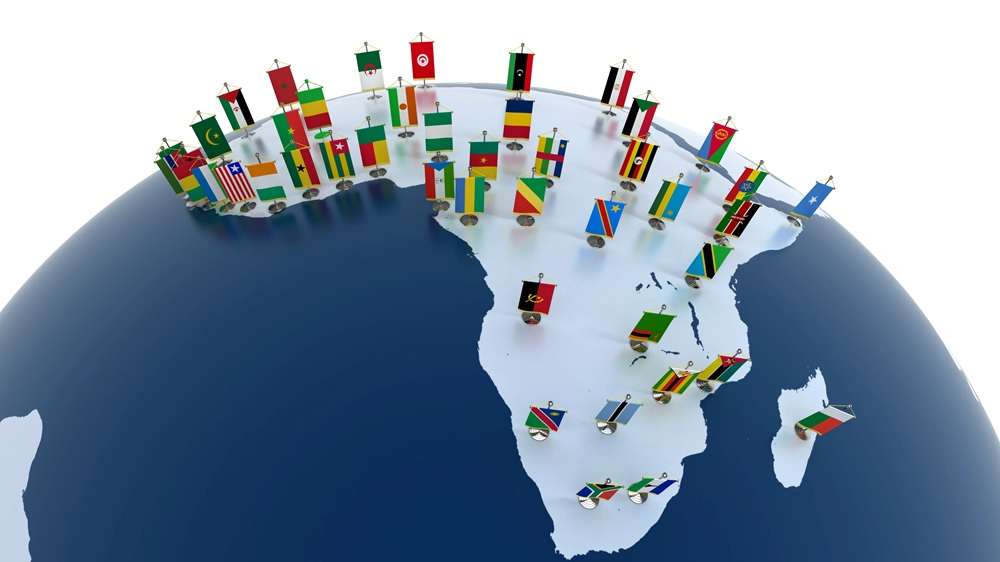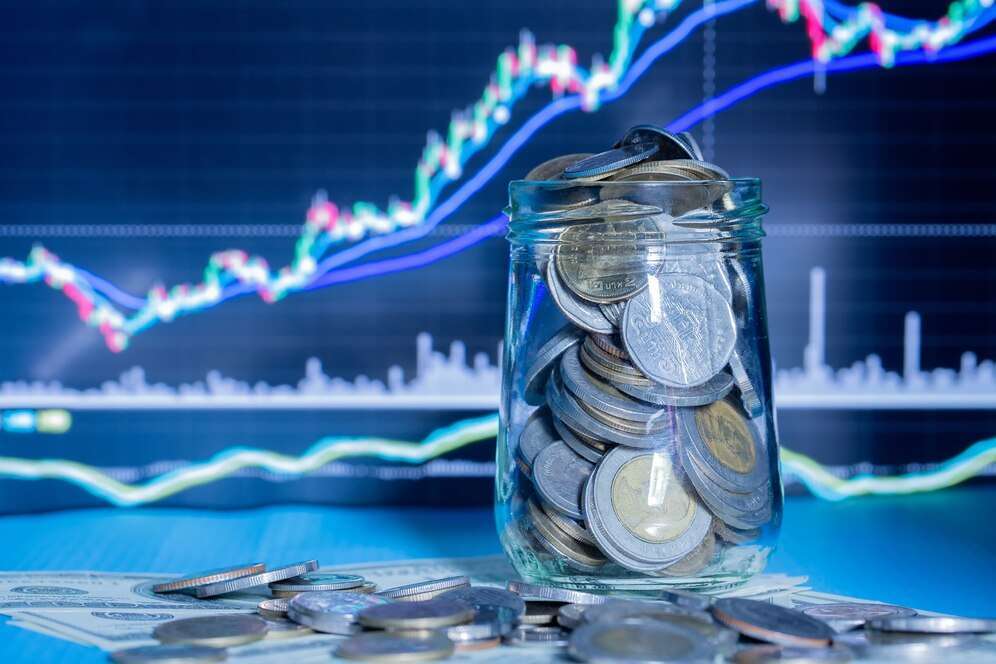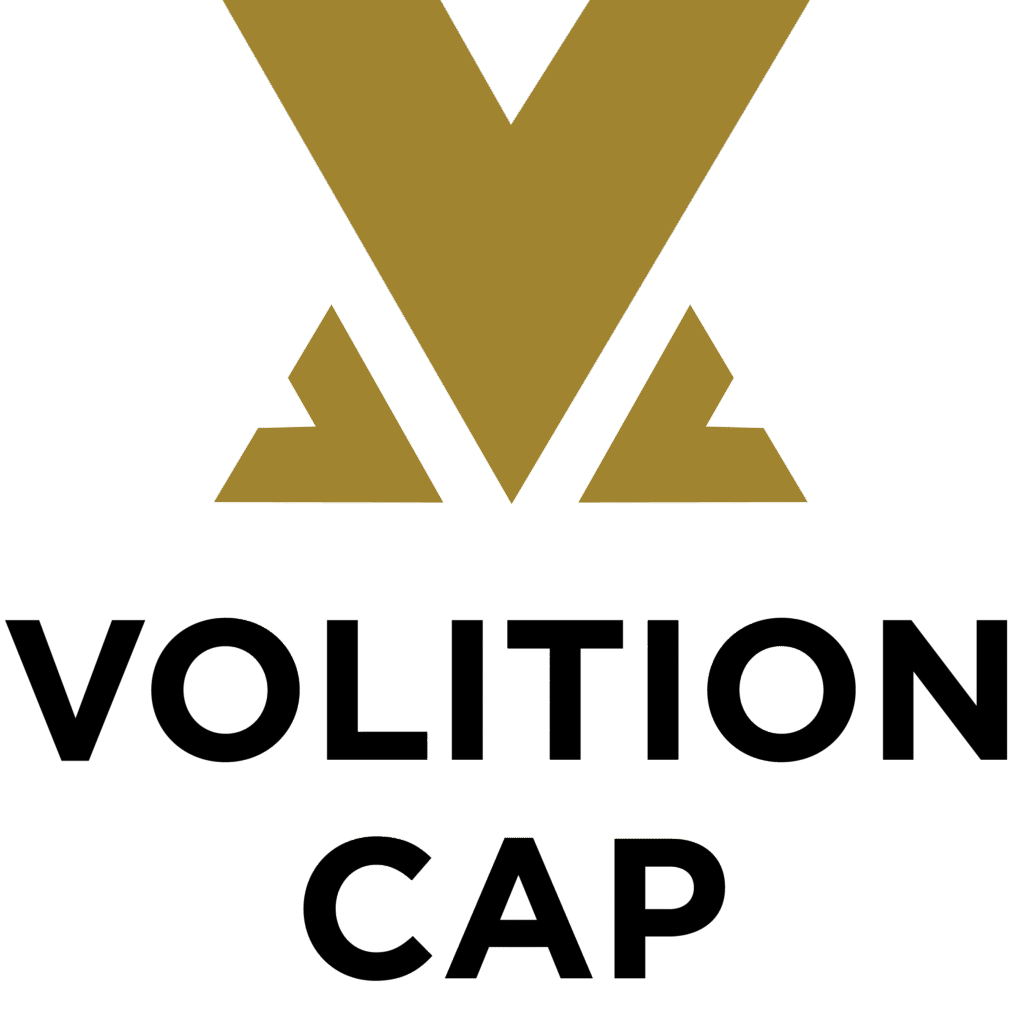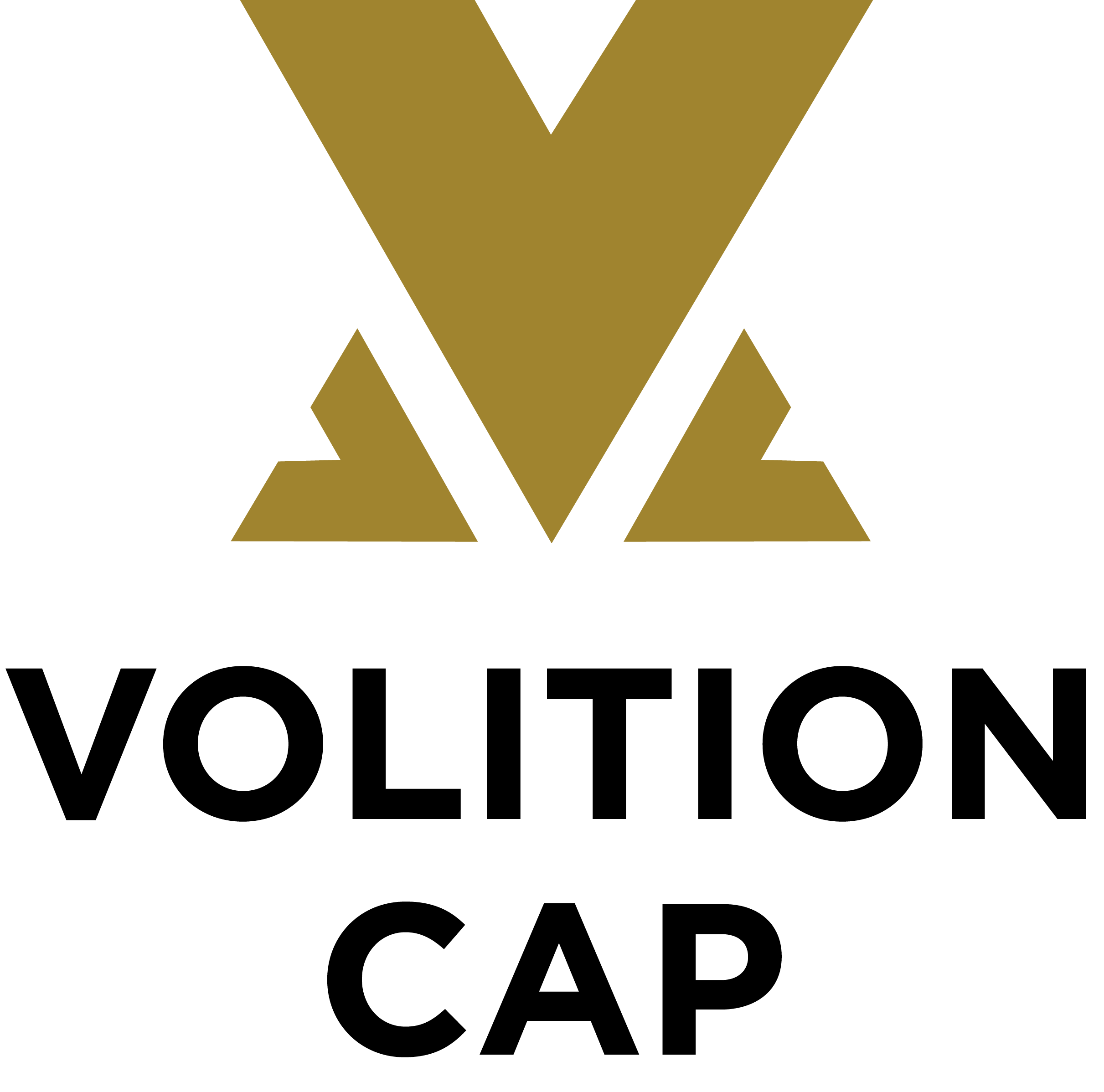Market Intelligence Report—July, 2025

Welcome to Volition Capital’s July 2025 Market Intelligence Report. This month’s report offers African investors a concise, data-driven snapshot of stock performance, currency movements, commodity prices, and sector-specific developments—all aimed at helping you make informed investment decisions. Global Equity & Commodity Market Trends As July draws to a close, global markets continue to exhibit a blend of resilience and sensitivity to macroeconomic shifts. The S&P 500 and NASDAQ Composite concluded the week of July 25 at fresh all-time closing highs. The S&P 500 closed at a record every day of that week, while the tech-heavy Nasdaq has achieved a new high in nine of the past ten sessions. Both indexes saw gains of over 1% for the week. The MSCI Emerging Markets Index was recorded at 681.82 on July 28, 2025, demonstrating continued strength. Brent Crude prices have seen a slight uptick today, rising 20 cents, or 0.29%, to $68.64 per barrel as of July 28, 2025, following a significant dip from previous highs. This indicates continued sensitivity to supply-demand dynamics and geopolitical influences. Gold prices have experienced a drop, trading near $3,335 per ounce on July 28, 2025, declining for the third consecutive day due to a stronger US dollar and improving global trade sentiment. African Equity & Currency Performance African financial markets have delivered mixed results in July. Nigeria’s NGX All-Share Index has maintained a strong upward trajectory, reaching 126.7K in July 2025, surging by 8.6% month-on-month, marking its highest point in the last 13 months. The Kenyan NSE 20 Index has shown modest gains, trading around 2,536.04 as of July 25, reflecting a 0.56% increase for the day. South Africa’s JSE All Share Index is showing modest gains on July 28, with its value around 4961.89 as of 10:05 AM SAST. African Currency Movements Commodities Cocoa prices are showing a slight rebound but remain significantly down from record highs. As of July 25, 2025, September futures were trading at $8337.00 per tonne, while December futures were at $7571.00. Improved weather conditions in Ivory Coast and Ghana continue to influence harvest outlooks. Sector-Specific Investment Trends Forward Outlook Market volatility is expected due to the US election cycle and global monetary policy shifts. Brent oil prices are now hovering around $68.64/bbl, with potential for continued fluctuations based on geopolitical tensions and demand. African currencies will likely remain pressured by external debt, but some, like the Tunisian Dinar, Ghanaian Cedi, and Moroccan Dirham, are showing steady appreciation due to stronger economic fundamentals and strategic policy management. Nigeria’s commitment to fiscal and monetary tightening for Naira stability continues, with the Central Bank of Nigeria maintaining its Monetary Policy Rate (MPR) at 27.50% at its July 21-22 meeting. Kenya’s investor sentiment depends on credible policy reforms to strengthen fiscal sustainability, despite recent improvements in some macroeconomic indicators. South Africa’s mining sector continues to show signs of recovery, driven by commodity prices and improving logistics. Largest Movers Closing Thoughts Global and African markets continue to exhibit dynamic trends as July concludes. While resilience is evident in key equity markets and certain sectors, sensitivity to macroeconomic shifts, inflation signals, and geopolitical developments remains high. For African investors, the robust rebound in tech funding, the continued growth in consumer spending, and the strategic focus on energy investments present notable opportunities. Disclaimer:This report is for informational purposes only. It does not constitute financial advice. Consult with a licensed financial advisor before making investment decisions. Sources:
Market Intelligence Report – June, 2025

Global markets in June reflected a mix of caution and quiet shifts. While central banks paused rate hikes, inflation remains above target in many economies. Political events in Europe and Africa added fresh layers of uncertainty. For investors, the backdrop calls for a steady hand: strong diversification, FX-aware positioning, and a preference for quality yield. This month’s report covers macro trends shaping global capital markets, regional signals from across Africa, and focused insights into Nigeria’s economic pulse. Global Economic Overview Key Developments Commodities Noteworthy Global Events Political and Geopolitical Movements Local Economic Insights Africa Nigeria Investment Opportunities in African Markets Closing Thoughts June confirmed what many investors already suspected — we’re not out of the woods, but we’re not in a crisis either. In times like these, capital preservation matters just as much as upside. We’re seeing renewed interest in dollar strategies, private market access, and regionally diversified vehicles. Volition Cap remains focused on building long-term African wealth, especially through institutional-grade access to alternatives. Talk to us about repositioning your portfolio for resilience and growth. Sources:
Key Investment Trends & Economic Insights – April 2025

Welcome to the April edition of Volition Cap’s Market Intelligence Report. This issue covers key economic shifts, investment signals, and regional developments shaping the markets. Our focus remains on delivering clear, data-backed insights to help investors make informed decisions in today’s changing environment. Global Economic Overview The global economy is showing cautious momentum. Consumer demand is steady, and financial conditions have improved. The IMF now projects global growth at 2.7% for 2025, while easing inflation gives central banks more room to hold off on further tightening. United States The U.S. economy showed signs of softening in March. While inflation eased to 3.4%, recent data points to slowing consumer spending and rising credit stress. The Federal Reserve held rates steady but struck a more cautious tone, with markets now expecting potential cuts later in the year. U.S. equity markets, especially in the tech sector, experienced pullbacks following earlier rallies, as investors reassessed earnings outlooks and macro risks. Eurozone The Eurozone is seeing signs of a slow rebound. March’s manufacturing PMI hit 47.8, its highest in nearly a year. But inflation, at 2.6%, is still sticky—keeping the ECB cautious about easing. Consumption remains subdued amid elevated borrowing costs. Commodities Noteworthy Global Developments – March 2025 Local Economic Insights Nigeria is still facing pressure from inflation, currency volatility, and FX reserve depletion—but some sectors are holding steady. Monetary Policy The CBN hiked its MPR to 24.75%, the highest in decades. Inflation hit 32.5% in March, mainly driven by food and fuel costs. The aggressive stance signals a shift to restore confidence in the naira. Foreign Exchange & Reserves Capital Markets Private Sector Outlook Investment Opportunities in African Markets USD-Denominated Instruments Although U.S. markets have seen recent pullbacks, particularly in tech stocks, USD-denominated investments still serve a vital role for African investors facing ongoing currency risk. With local currencies like the naira remaining volatile, assets such as Eurobonds, offshore fixed deposits, and USD money market funds help preserve capital and reduce FX exposure. That said, investors should be selective, given short-term weakness in the U.S. economy and uncertain timing of Federal Reserve rate cuts. Fixed-Income Securities Yields on Nigerian Treasury Bills, FGN bonds, and top-tier commercial paper remain attractive, especially for investors seeking liquidity and high short-term returns. Elevated interest rates offer a cushion against inflation, although real returns remain narrow for ultra-conservative assets. For institutions or funds with local obligations, these instruments remain core holdings. Alternative Investments Interest in digital assets continues, with institutional demand for Bitcoin ETFs growing despite recent price corrections and regulatory scrutiny. These instruments offer portfolio diversification but come with volatility. Investors should size exposure based on risk tolerance and long-term view. Infrastructure Funds Pan-African infrastructure vehicles remain compelling for long-term capital. Sectors like energy, transport, and digital infrastructure are seeing continued deal flow, often backed by multilateral finance and PPPs. While funding costs are higher, the structural growth story remains intact. Closing Thoughts March reinforced one thing: stay flexible. The global backdrop is improving, but risks remain, especially for frontier markets. Smart positioning, asset diversification, and risk management are key. At Volition Cap, we focus on identifying stable returns across Africa and beyond—from income-generating bonds to high-conviction alternatives and infrastructure projects. Want to review your 2025 strategy? Talk to us about reshaping your portfolio for more resilient outcomes. Stay informed, intentional and invested. Sources: Forbes, S&P Global, AFX Live, The Whistler, Nairametrics
2024 Round-Up: Strategic Investment Insights for African Markets

Welcome to the latest edition of our financial insights! This report uncovers global economic trends and explores the vibrant investment opportunities in Africa. Our mission is to equip you with the knowledge and strategies needed to thrive in today’s dynamic investment landscape. Let’s delve into the key developments shaping the world of finance and investment. Global Economic Overview As 2025 begins, global economic trends reflect the lingering challenges of 2024. The IMF reported a global growth rate of 3.0% for last year, highlighting the strain on advanced economies like the U.S. and the Eurozone due to persistent inflation and elevated interest rates. While inflation showed signs of easing in some regions, such as the U.S., growth momentum remained subdued. Emerging markets, particularly in South Asia, demonstrated relative stability, driven by robust domestic demand and infrastructure investments. Sub-Saharan Africa showed resilience with a GDP growth rate of 3.5%, though risks from political instability and fluctuating commodity prices continued to pose challenges. Global energy markets remain volatile, driven by geopolitical tensions, including conflicts in the Middle East that pushed oil prices above $90 per barrel in late 2024. Meanwhile, China’s slower-than-expected economic recovery disrupted global trade, significantly affecting raw material and manufacturing supply chains. Impactful Global Events in December 2024 Local Economic Insights Nigeria continues to face macroeconomic challenges, with inflation rising to 27.5% by the end of 2024. Exchange rate volatility persisted, with the Naira trading between ₦1,634 and ₦1,708 per USD. The Central Bank of Nigeria (CBN) raised its monetary policy rate to 28% in an effort to combat inflation and stabilize the Naira. The Dangote Refinery reached full operational capacity in late 2024, a development expected to reduce Nigeria’s reliance on imported refined petroleum products and ease foreign exchange pressures. However, infrastructural deficits and high production costs continue to constrain the non-oil sectors. Investment Opportunities in Africa Closing Thoughts In a year marked by economic uncertainty, African markets remain rich with opportunities for savvy investors. By leveraging USD-linked investments, high-yield fixed-income securities, and alternative assets, investors can effectively manage risks while positioning themselves for sustained growth in 2025. Ready to seize the opportunities in African markets? Join our investment community today! Stay strategic, stay prosperous.
Navigating Markets: Insights and Strategies for African Investors

Global economic insights for African investors: strategies to navigate international markets and make informed decisions. Global Economic Overview As we near the end of 2024, the global economy continues to face challenges with an IMF-projected growth rate of 3.0% for the year. Persistent inflation and high interest rates continue to weigh on advanced economies like the U.S. and the Eurozone, despite some easing in the UK, where inflation fell to 4.6% in October. However, concerns remain over consumer spending during the holiday season. Emerging markets, led by India and South Asia, maintain relative resilience, although growth rates are slightly lower than anticipated due to global headwinds. Sub-Saharan Africa is expected to see 3.5% growth in 2024, driven by improving private consumption and investments, though risks from political instability persist.Energy markets remain volatile as geopolitical tensions, especially in the Middle East, affect oil prices. Meanwhile, the U.S. Senate’s recent resolution to prevent a government shutdown provided short-term market relief but highlights long-term fiscal challenges. Impactful Global Events in Q3 Local Economic Insights In Nigeria, economic growth continued sluggishly, with an anticipated GDP growth rate of 3.1% for 2024. Persistent inflation, exchange rate instability, and high costs in food and energy pose ongoing challenges. The Central Bank of Nigeria (CBN) responded by raising the monetary policy rate to 27.25%, aiming to rein in inflation and provide some stability to the Naira, which traded between ₦1,400 and ₦1,500 per USD. Although foreign reserves hold steady at $37.8 billion, high borrowing costs and infrastructural deficiencies hamper key economic sectors like manufacturing. The recent operational launch of the Dangote Refinery brings hope, potentially alleviating some foreign exchange pressures by reducing Nigeria’s dependency on imported refined oil. Nigeria’s Sovereign Bonds and Commodities Nigeria’s current high interest rates have spurred interest in government bonds, which now offer attractive yields. However, these higher rates add to the government’s borrowing costs, which rely heavily on both local and international bonds. In the commodity sector, crude oil remains the backbone of Nigeria’s exports, although recent drops in oil prices due to geopolitical and supply chain dynamics have had an impact. Non-oil exports like cocoa saw growth, although challenges from poor infrastructure and regional insecurity remain critical issues. Investment Strategy Recommendations 1. USD Diversification Diversifying with USD-linked funds, like Vizient Coop’s Red Pool, offers a 10.5% return in USD, while Gold Pool, offers 12%. These are valuable opportunities for African investors, particularly those looking to mitigate risks associated with Naira volatility and inflationary pressures. 2. Alternative Investments in Bitcoin ETFs With the cryptocurrency market showing promising returns, Bitcoin ETFs remain a viable choice for those seeking alternative investments. Although the market sentiment was bearish in Q3, ETFs tracking Bitcoin continue to perform robustly, attracting significant institutional interest. 3. Sovereign-Backed Funds for Capital Security Given the high yields on Nigeria’s short-term government securities, investors seeking capital preservation with moderate returns may consider these sovereign-backed funds. These options cater to those looking for principal-guaranteed funds, reducing exposure to market volatility while providing stable returns in the short term. 4. Commercial Papers These unsecured, short-term debt instruments issued by corporations offer attractive yields and are ideal for those looking to manage liquidity while earning competitive returns in the current high-interest-rate environment. There have been some interested Nigerian Commercial Papers lately offering implied yields up to 28%. Ready to transform your financial future? Till next time, Stay savvy, stay prosperous.


